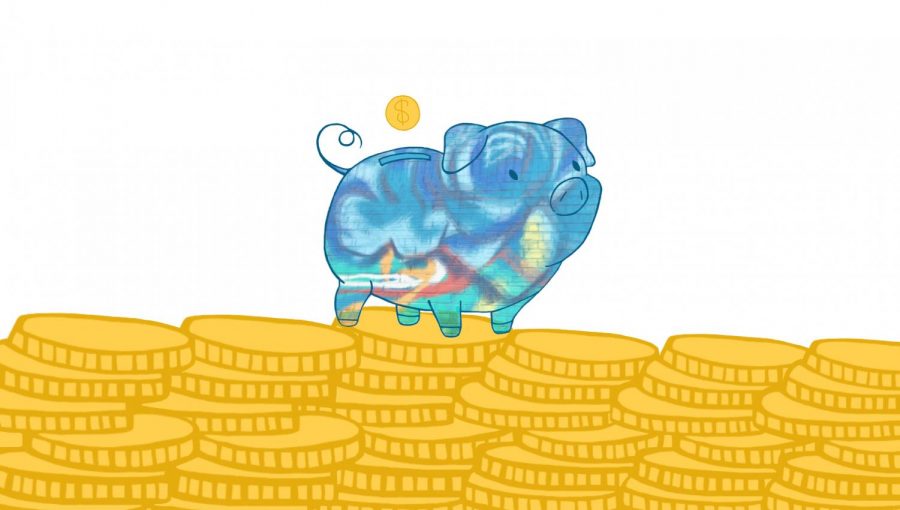In the age of technology, privacy means a lot. Protection of personal information is vital, threats of identity theft are too great and people feel a need to be proactive about their security.
Even established companies Google, Apple and Microsoft collect user data. While this might seem alarming, it is not unexpected when considering the amount of “free” services the company offers.
In economics we learn about TINSTAAFL, there is no such thing as a free lunch. Google offers a multitude of services free of cost – including an intuitive GPS and map system, the most popular search engine in the country, a 15 gigabyte online file storage system and an intuitive system that tries to guess what users are searching. Microsoft offers Skype and the Bing search engine, which employs an intuitive system similar to Google.
Microsoft, Apple and Google all affirm they have data collection systems in place. Apple is using data collection to track sites that make their browser, Safari, more efficient. They used information gathered to identify sites that crashed Safari, allowing Apple to optimize their browser.
The three companies use a form of data collection called Differential Privacy. Tech Crunch loosely explained the concept as when companies gather large amounts of information without getting the personal identifiers of users within those pools of data.
One of the rumors following the repeal of Net Neutrality was that we might have to start paying per search on Google. Thankfully, this is not our reality. Google searches are free of cost, as are most of its services. If Google were to let people take advantage of their services without collecting data, they would not be able to continue running. The end of Google search is not something the world is ready for yet.
The law of exchange states that to gain something in this world, we have to give up something of equal value. The programs would be slow, would not update properly and would generally just be a bad product. To provide top of the line services, Google, Microsoft and Apple need to collect data.
Google and Apple both promise to keep user information collected private and secure. Google outlines that once information enters their servers, it will not be given out to any solicitors or government entity. There is little risk of identity theft or release of personal information when users entrust Google or Apple with their data. Considering that the only use for the data is to better their services for us, the users, there should be no issue trusting these companies with personal information.
First and foremost, Apple, Google and Microsoft are companies with the goals of generating revenue. They generate revenue by selling products tablets, phones, and laptops, but snap at any opportunity to make more. Google affirms that they target ads based on information they collect from your location, search history and all the other information they have access to.
Google has stopped using emails to guide ad targeting, according to Variety. This does not mean they will stop reading them though. Google uses advanced AI systems to filter out spam mail and the information garnered from emails to make their systems more convenient, like automated responses on emails.
Privacy is very important, and measures should be taken to protect it. But, when a company gives users a fast-paced intuitive service for “free,” users should understand that even if there is no exchange of currency, there is another exchange. Your econ teacher was right, there is no such thing as a free lunch, or free email service.














